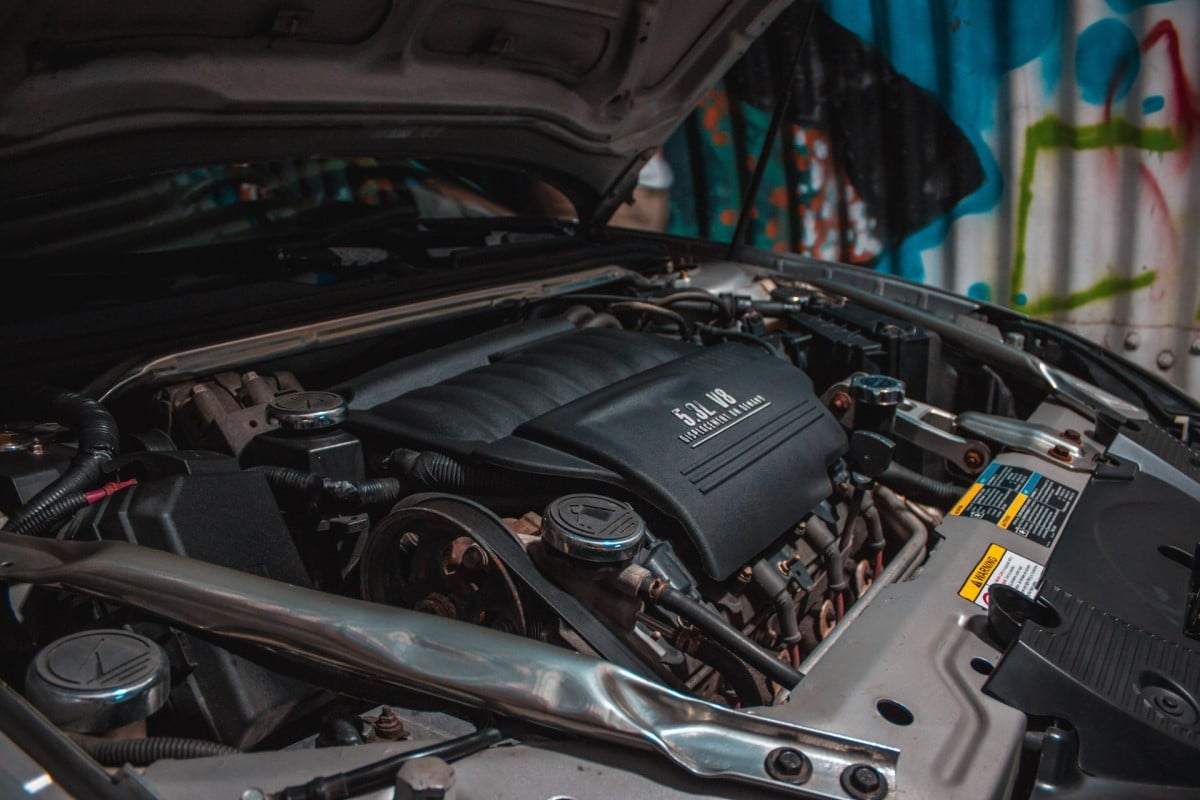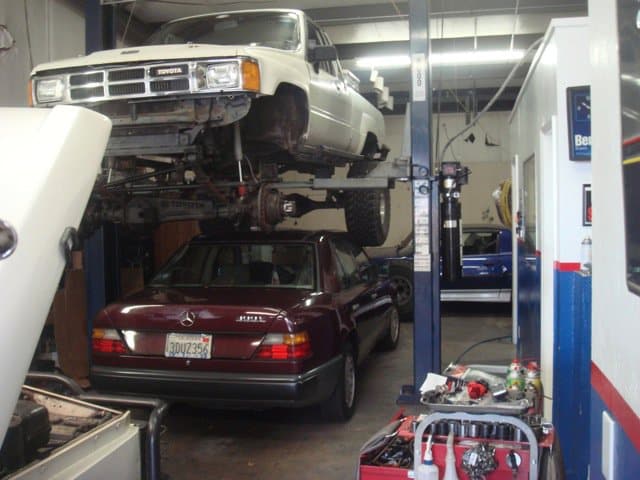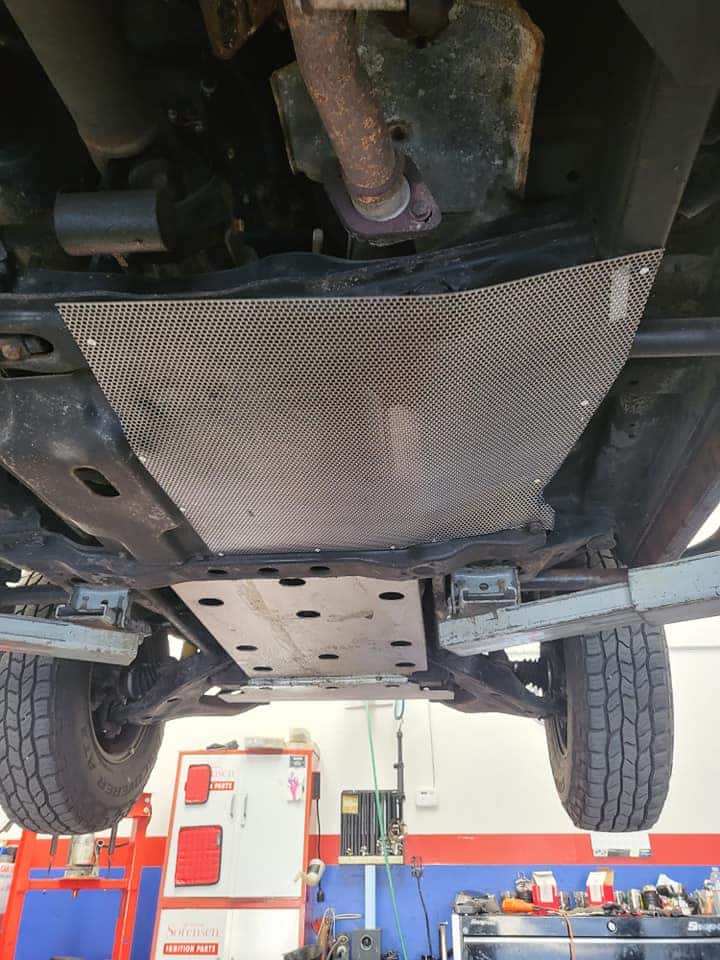The open road beckons, your car purrs along, life feels good, right? Let's hit the brakes for a second though. When was the last time you changed your vehicle's oil? If you're scratching your head, struggling to remember, let's chat about why regular oil changes are more crucial than you might think.
Oil Changes: The Lifeblood of Your Car
Consider oil to be your car's lifeblood. Its role in your vehicle's overall health is indispensable. It lubricates your engine's moving parts, cools critical components, and even helps to clean and prevent corrosion. In a nutshell, ignoring routine oil changes is like playing a high-stakes game of Russian roulette with your car's health.
To illustrate, imagine a typical Bay Area commute. You're battling stop-and-go traffic on Highway 101, your engine works overtime, and heat builds up. Without sufficient oil, the excessive heat could damage your engine. Why take the risk when a routine oil change can keep everything running smoothly?
Understanding Oil Change Intervals
You might ask, “How often should I change my oil?” The answer isn't as straightforward as it used to be. In the past, the golden rule of thumb was every 3,000 miles or 3 months. Nowadays, advancements in oil and engine technologies have extended these intervals.
For instance, synthetic oil, known for its superior lubrication and longer lifespan, requires changes every 5,000 to 7,500 miles. However, your owner's manual remains the definitive guide for your vehicle's specific oil change interval. That being said, if you drive under severe conditions – think extreme heat, heavy towing, or frequent short trips – more frequent oil changes may be necessary.
Signs You Need an Oil Change
Your vehicle has a way of communicating when it's time for an oil change. Here are a few signs to look out for:
- Check Engine or Oil Change Light: The most obvious signal. If these lights flash on your dashboard, schedule an oil change ASAP.
- Noisy Engine: Lack of sufficient oil results in less lubrication, causing your engine to work harder and create excessive noise.
- Oil Color and Consistency: New oil has a clear, amber color. Over time, it darkens and contains debris. If your oil is dark and dirty, it's time for a change.
The Bottom Line
Regular oil changes aren’t just a suggestion, they’re a necessity. They keep your engine healthy, reduce the risk of costly repairs, and can even improve your vehicle’s gas mileage. In the long run, this routine maintenance service offers peace of mind and saves you a bundle.
Ready to give your car the care it deserves? Look no further. For all your auto repair needs, from routine oil changes to comprehensive engine repairs, we've got you covered. When it comes to maintaining your vehicle’s health, we don't just provide a service, we deliver a promise. Don't compromise on your vehicle's wellbeing, let's get your car in tip-top condition today!












